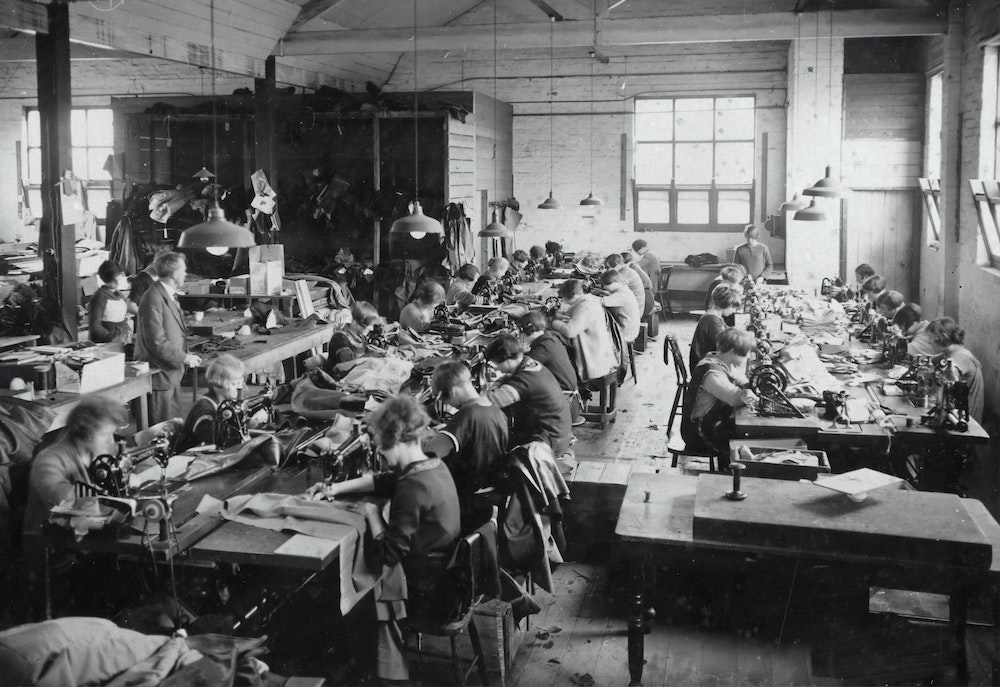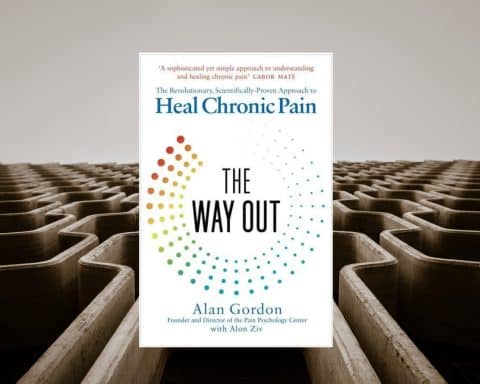 Rebecca Marshall is a post-CCT fellow at Haxby Group Surgery, York.
Rebecca Marshall is a post-CCT fellow at Haxby Group Surgery, York.
The COVID-19 pandemic has forced us to change the way we think and work together in the NHS. Additional pressures of increased demand and reduced workforce has meant novel solutions have been necessary. As a post CCT fellow in a large teaching practice I have seen first-hand how existing strong community links have facilitated the recruitment of an additional six, temporary team members. I have seen them support high standards of patient care and they offer encouragement to others to consider offering temporary positions as we continue to manage the challenges of the pandemic.
The new team members were made up of three medical students, a retail manager and an NHS England employee.
This role offers mutual benefit for all involved by both increasing the practice’s capacity to contact as many patients as necessary and by providing a valuable learning opportunity for those in medical education — this has given them experience of primary care, developed their communication skills and enabled them to contribute to the coronavirus response. A typical contact would entail ensuring the patient in question understands the shielding advice and is aware of the community support available to them as well as giving advice on how and when to access medical help should their condition deteriorate.
Another new team member came to us from NHS England; the COVID-19 pandemic meant her regular work was paused and NHSE encouraged staff to work with local frontline providers. She was involved in developing a large-scale coaching program for primary care but that left capacity to offer support to the clinical response to COVID-19 which was hugely appreciated. Her background in leadership and mental health, as well an interest in wellbeing and resilience, was perfectly suited to help support the practice during the pandemic.
She has not only been involved in contacting and supporting patients with long term mental health conditions but she has also helped to introduce a group peer support programme to the practice. This has enabled learning from shared experiences in a small group environment and added to the wellbeing support that has been provided to staff. During a time of increased uncertainty, rapid change to systems and processes and with information was changing on a daily basis this relationship has been so helpful in supporting those on the front line delivering primary care.
It has been heartening to see others step forward to support general practice.
By making and building on these relationships with temporary team members the benefits are threefold:
- The extra capacity has meant patients benefit from the additional care provided.
- Existing employees benefit from the extra support on offer to ease their workload.
- Those new to the workforce benefit by learning new skills and being able to offer support to the NHS.
It has been heartening to see others step forward to support general practice. That the support came from multiple avenues was also really positive — from future health care professionals, from those working elsewhere in the NHS, and from those with no previous link to the NHS. They have all fitted into our team superbly making this a really positive experience and one that hopefully others in the sector can utilise too as we continue to tackle the challenges of COVID-19.
Photo by Museums Victoria on Unsplash






